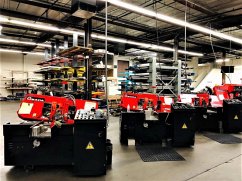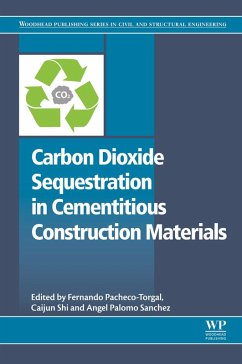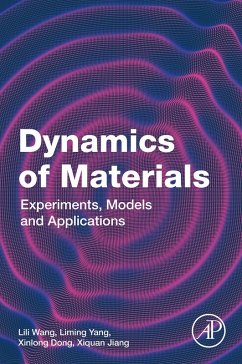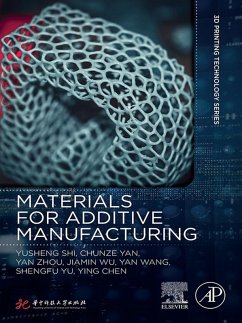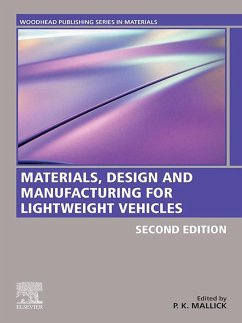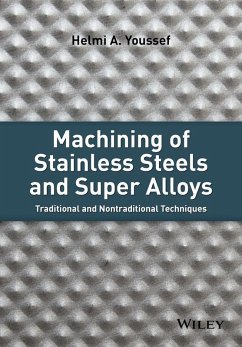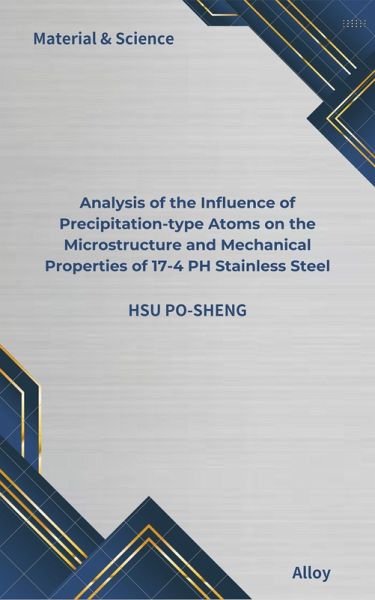
Analysis of the Influence of Precipitation-type Atoms on the Microstructure and Mechanical Properties of 17-4 PH Stainless Steel (eBook, ePUB)
Sofort per Download lieferbar
9,49 €
inkl. MwSt.

PAYBACK Punkte
0 °P sammeln!
In recent years, with the continuous development of the steel industry, demand has been increasing, and its applications have become increasingly diversified. Processing methods and the microstructure of the surface are indispensable aspects. This experiment utilized five different precipitation-strengthened stainless steels (17-4PH) as materials, exploring the effects of varying elemental compositions. The study focused on investigating the tensile stress, cross-sectional area shrinkage, yield strength, elongation, and observing changes in microstructures under the same processing conditions...
In recent years, with the continuous development of the steel industry, demand has been increasing, and its applications have become increasingly diversified. Processing methods and the microstructure of the surface are indispensable aspects. This experiment utilized five different precipitation-strengthened stainless steels (17-4PH) as materials, exploring the effects of varying elemental compositions. The study focused on investigating the tensile stress, cross-sectional area shrinkage, yield strength, elongation, and observing changes in microstructures under the same processing conditions but with different proportions of elements. The elemental constituents of the materials included carbon (C), silicon (Si), manganese (Mn), phosphorus (P), sulfur (S), nickel (Ni), chromium (Cr), molybdenum (Mo), nitrogen (N), niobium (Nb), copper (Cu), etc., with a primary focus on nickel (Ni), carbon (C), nitrogen (N), and copper (Cu). For microstructure observations, scanning electron microscopy (SEM) and transmission electron microscopy (TEM) were employed, while X-ray diffraction (XRD) was used for further compositional analysis or substrate examination.
Dieser Download kann aus rechtlichen Gründen nur mit Rechnungsadresse in A, B, CY, CZ, D, DK, EW, E, FIN, F, GR, H, IRL, I, LT, L, LR, M, NL, PL, P, R, S, SLO, SK ausgeliefert werden.




